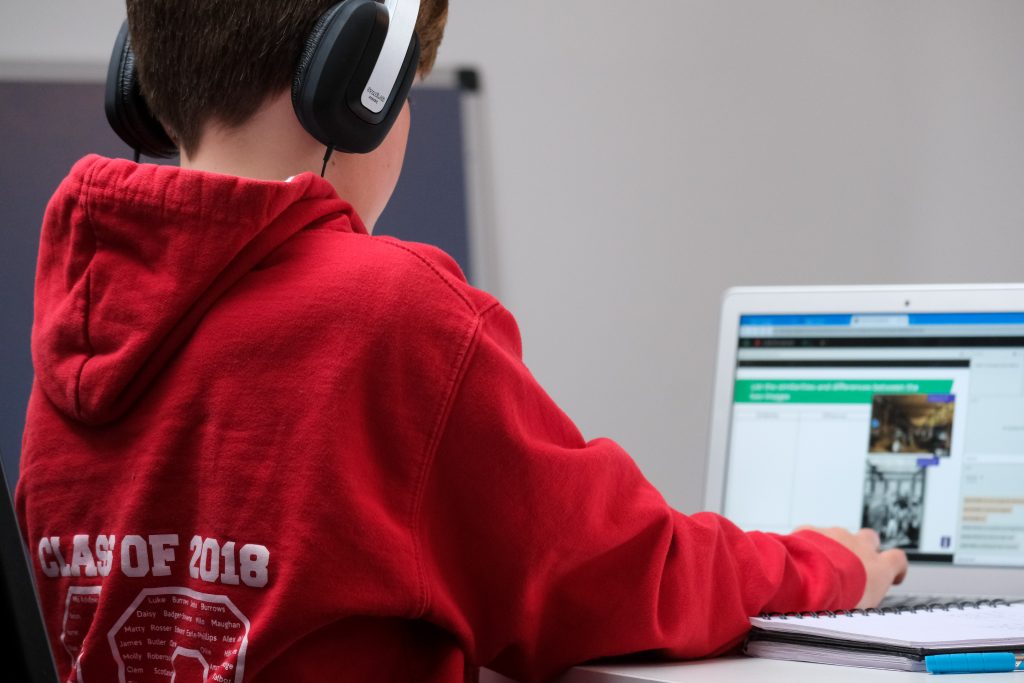The Project
Identifying the social and ethical implications of the greater dependency on technology in the delivery of school education that has arisen from the COVID-19 pandemic.
The abrupt school closures in response to COVID-19 meant a rapid reorientation towards the use of technology to provide virtual schooling for the majority of young people in the UK. As schools reopen and try to return to ‘normal’ it remains unclear what school provision will look like over the coming months and years – though technology is likely to feature significantly.
This unprecedented situation offers the potential to radically change the way schools use technology, and instigate lasting changes in educational practice. Yet, in the rush to move online, schools had no choice but to adopt existing commercial offerings and the use of digital platforms not always designed for education. This is likely to have significant ethical and social implications. For example, schools have had to use the digital tools available to them, without due diligence on ethics, legal frameworks or data protection; and they have been ill equipped to find ways to address the significant inequalities in our school system, where digital, educational and social inequalities are heavily intertwined.
Through literature reviews and qualitative interviews with teachers this study aims to identify and interrogate the challenges, opportunities, and lasting changes to teaching practice that have resulted from the period of virtual schooling during the COVID-19 lockdown; and to examine and theorise the social and ethical implications of this greater dependency on technology in the delivery of school education.








